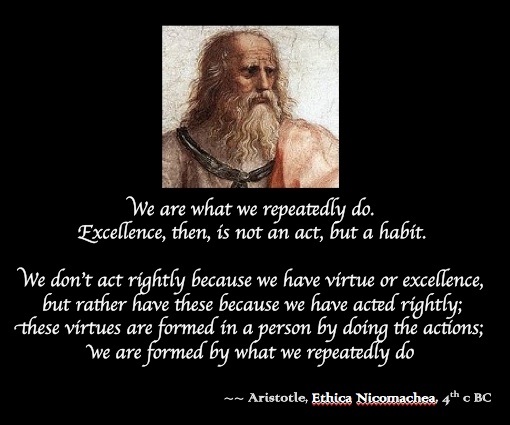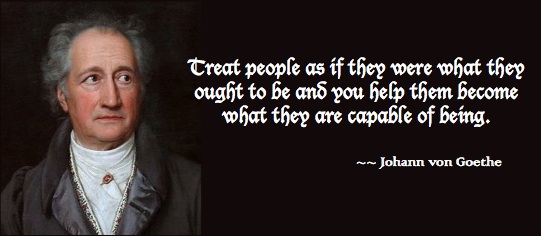[Adele Diamond, the moving force behind the Brain Development and Learning Conference (see CONFERENCE Tab above), was kind enough to email me this response to my last blog — Willpower, free will, & New Year’s resolutions.]

Prefrontal Cortex (PFC) image from “io9” (2010) at http://goo.gl/XZ6AP
“Prefrontal cortex (PFC) — to which I have devoted my life’s work — is over-rated. It is true that to learn something new, we need PFC. Thus, novices who recruit PFC most usually perform best (Duncan & Owen, 2000; Durston et al., 2006; Kane & Engle, 2002). However, after something is no longer new, those who recruit PFC least usually perform best (Garavan, Kelley, Rosen, Rao, & Stein, 2000; Jansma, Ramsey, Slagter, & Kahn, 2001).
Why?
PFC is the evolutionarily newest region of the brain. Other brain regions, which have had hundreds of thousands more years of evolutionary time to perfect their functioning, can subserve task performance much more efficiently than PFC.
So I need PFC to learn a new dance step, but later if I try to think about what my feet are doing while dancing, I will not dance well. Similarly, children need PFC to learn what sound goes with what letter, but when a fifth grader reads, we no longer want the child to be thinking about letter-sound mapping; we want that to become automatic.
A child may know intellectually (at the level of PFC) that he should not hit another, but in the heat of the moment if that knowledge has not become automatic (passed on from PFC to subcortical regions) the child will do exactly what he should not (and exactly what, if you asked him, he knows he should not do).
Montessori (2007) emphasized the critical importance of the child’s repetition over and over again for education. The only way something becomes automatic (becomes passed off from PFC) is through action — repeated action. The only way we become really good at something, whether it is piano playing or chess [or, I’m guessing, acting in a way that is inherently healthy and not seeing it as a form of self-deprivation], is through repeated practice. Nothing else will do. Aristotle commented on this back in the 4th century BC.
Our expectations often determine outcomes. I suggest that we start with the deeply held conviction that every child is capable of succeeding at what we teach.
When a child is not succeeding, ask yourself how you might do something differently so that this particular child is able to succeed. If we believe every child can succeed then we will push ourselves to think outside the box and try something new and different that might, just might, work for a particular child. Sometimes our testing method is the problem; we are not asking the question in a way that allows children to demonstrate the knowledge and abilities they have (Diamond, Churchiand, Cruess, & Kirkham, 1999; Diamond & Gilbert, 1989; Diamond, Kirkham, & Amso, 2002; Diamond & Lee, 2000; Diamond, Lee, &Hayden, 2003).”
———————–
Additional references on the powerful role of expectations and attitude (others’ and your own)
- William James (1899): Talks to Teachers — VIII. The Laws of Habit [in The Project Gutenberg eBook #16287]
- Howard Becker (1963): Labeling theory of deviance
- Robert Rosenthal (1968): Pygmalion in the Classroom
- Claude Steele: Stereotype threat (NPR podcast, 2010)





